Meat Chickens: What You Need to Know
Have you decided that you’d like to raise chickens for meat? While it’s not for everyone, it may be something that you don’t mind doing, especially if it means putting food on the table for your family to enjoy. Not only can you raise meat chickens to provide meat for the family at home instead of buying it at the local grocery store, but you may also want to raise meat chickens to sell them for profit.
Before you start raising these chickens and providing them with everything they need, there are some essential things to know in advance to help you have the most success possible. As you know, I have not raised chickens, I’m learning right along with you. We must raise what meat we can and grow our own food in a garden.
“Prepare Your Family For Survival” by Linda Loosli
Meat Chickens: What You Need to Know
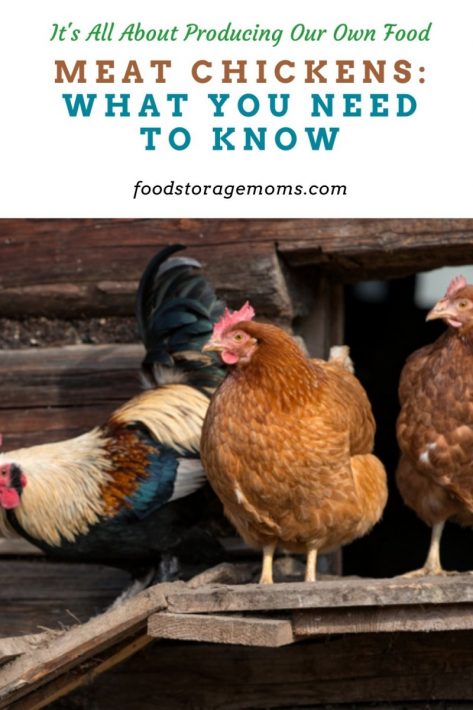
Choose the Right Chickens
If you’re going to raise meat chickens, it helps to know which ones are best to have on your land for that purpose. If you buy small chickens that never get large enough, you may not make a lot back on the investment that you’re initially getting into when purchasing these chickens.
So, be sure to check out which breeds are best to have for meat purposes. Some of the chickens that are good to have when you’re planning to sell them or kill them yourself for the meat include Jersey Giants, Cornish Cross, and Buckeyes. Several others are ideal for this purpose, too, so it’s a matter of preference when it comes down to it.
Jersey Giants
- They weigh about 13 pounds.
- Processing time about 16-21 weeks.
- They grow rather slowly.
- They are a purebred, so you can breed them yourself.
- They lay a fair amount of eggs as well.
- Not prone to health issues, which is critical.
- Produce a lot of meat.
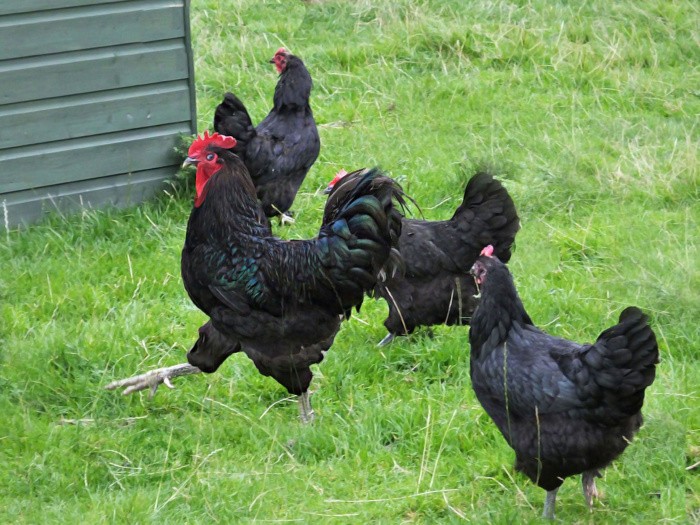
Cornish Cross
- They weigh about 12 pounds.
- Ready to process at 4-6 weeks.
- They grow very fast and will weigh those 12 pounds in 6 weeks, possibly less.
- You have to purchase these every year (can’t breed in an incubator).
- They are known for their breast meat.
- This is the most popular chicken breed found in packages at grocery stores.
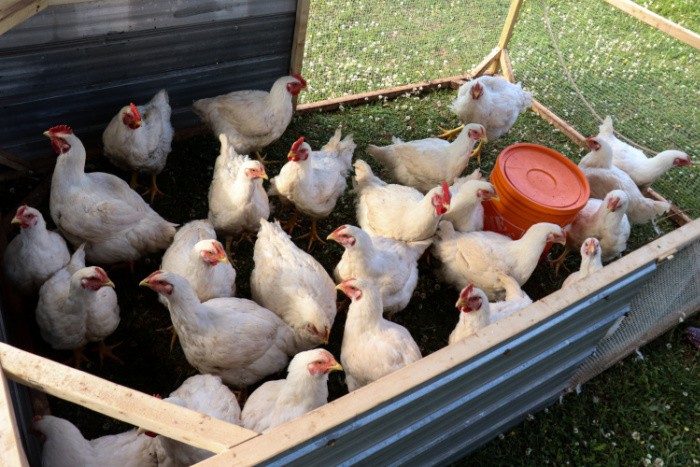
Buckeyes
- Approximate weight of 9 pounds.
- Processing time about 16-21 weeks.
- Resistant to disease.
- Can be somewhat aggressive to other animals.
- Great for dual purpose, laying eggs and delicious tasting meat.
- They lay about 200 eggs per year.
- Ready for butchering in 16 weeks of age, in most cases.
- Beautiful mahogany red feathers.
- Tolerant for cold weather locations.
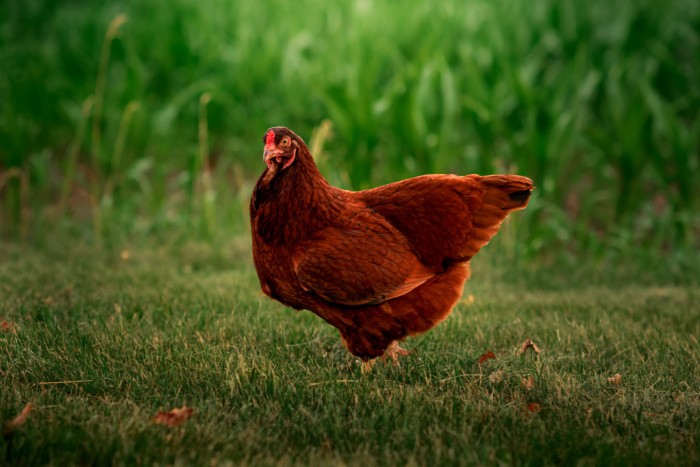
Know What to Feed Your Chickens
Be sure to give your chickens the right amount of food throughout the week to get them to grow and become even more prominent. After all, a larger chicken is ideal when you’re using it for meat because then you will end up with more meat when it comes time to process them.
Also, provide the chickens with protein grower feed. The feed will help them increase in size within a short period. The growth of your chickens will also depend on the breed you’ve decided to raise on your land.
Of course, when you’re choosing the breed, you’ll want to select a good size, but you may also prefer finding chickens with decent temperaments. Not everyone wants to deal with aggressive chickens that are hard to manage.
Decide How Many Chickens You Want
Consider the number of chickens that you’d like to have live on your land. It will depend a lot on the amount of space you have available and the number of other animals that live on the land with you and your family.
When you’re raising meat chickens to eat and sell, it’s essential to have as many as your property can support because then you’ll maximize the return on your financial and time investment. Having a handful of chickens won’t suffice because they’ll reach maturity simultaneously and get butchered, leaving you with nothing left, unless you continually replace them.
When buying your meat chickens, you might want to get different ones at different ages so that you’ll always have some chickens to attend to during each growing season.
Choose the Right Time to Butcher Them
Some people don’t know when it’s the best time to butcher the chickens to get the freshest and most flavorful meat. While it may seem early to some, the best time for butchering chickens is around the 12-week mark.
At this point, the chickens are roughly three months old and have likely tripled or quadrupled in size since hatching from the eggs. If you butcher at this point, the chicken will taste fresh, moist, and delicious.
However, if you wait too long, the meat might not be as tender, possibly making it a bit less desirable when preparing it. Age could also impact the sales price.
Keep Conditions Clean and Comfortable
While you may have plans to butcher these chickens after they reach a certain age, that doesn’t mean you should skimp on the quality of their living quarters. Be sure to provide your chickens with enough space to roam freely without spending their short lives huddled on top of one another.
Some people keep too many chickens in one spot, creating unsanitary conditions that could potentially cause harm to the chickens and make their meat less desirable. If that’s the case, you could lose money instead of making a profit, which would make the process of raising meat chicken pointless.
Provide plenty of space for your chickens to roam around and live their best lives for the time that they’re alive. Make sure they’re getting enough feed to help them grow and water to stay properly hydrated.
You might even want to set up some toys and other items for the chickens to keep them occupied and busy while they’re living on your land. Of course, it’s entirely up to you to decide what you’d like to do with your chickens, but this is an option that many people like!
Find a Butcher
Although you’re raising the chickens, you might not want to do the butchering yourself, and that is perfectly fine! Plenty of people raise these chickens on their land and then send them off to get butchered elsewhere, where they won’t have to see it happening or be involved at any level.
Instead, try to find the best butcher who will take great pride in cutting the meat of the chickens you’ve raised to provide you with excellent options for eating or selling.
When you’re working side by side with a good butcher, you can expect to make more of a profit from your meat chickens than you would with someone who isn’t as professional.
Raising Quail: What You Need to Know
Egg Chickens: What You Need to Know
Meat Rabbits: Tips for Raising Them
Final Word
You can successfully raise meat chickens on your land, even if you don’t have much experience with what it takes. It all starts with figuring out which chickens you’d like to buy and bring on your land. It’s a good idea to choose a larger breed that isn’t too hard to handle, making it a lot easier for you to raise these animals without a struggle.
Once you have the chickens on your land and they reach maturity, you can have them sent off to get butchered and then keep the meat or sell it to others, depending on what you prefer. Some people will save half the meat and sell the other half because they can use that profit to buy more chickens. If you have personal experience raising meat chickens, please share some of your ideas to help my readers become as successful as possible. May God Bless this world, Linda
Copyright Images: Jersey Giant Chickens AdobeStock_262626888 by Peter, Cornish Cross Meat Chickens AdobeStock_372480068 by Hannah May, Buckeye Chicken AdobeStock_446989169 by Cavan, Chickens Free Range Depositphotos_41515931_s-2019

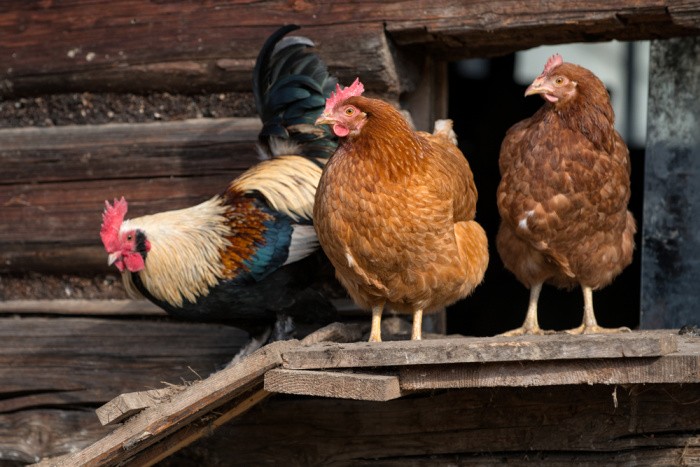

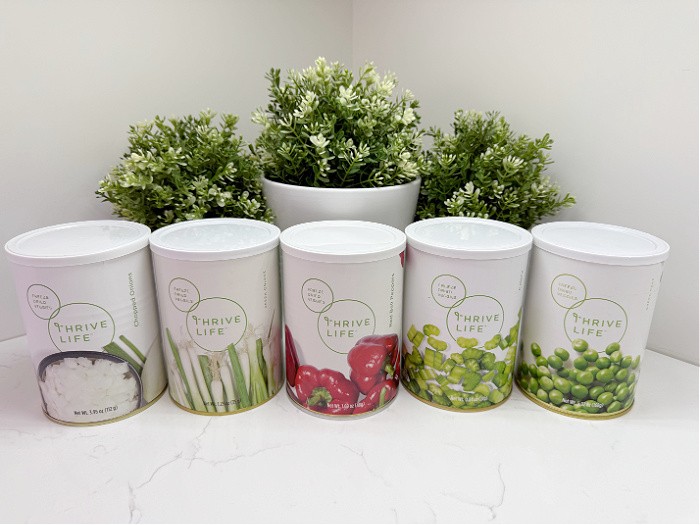






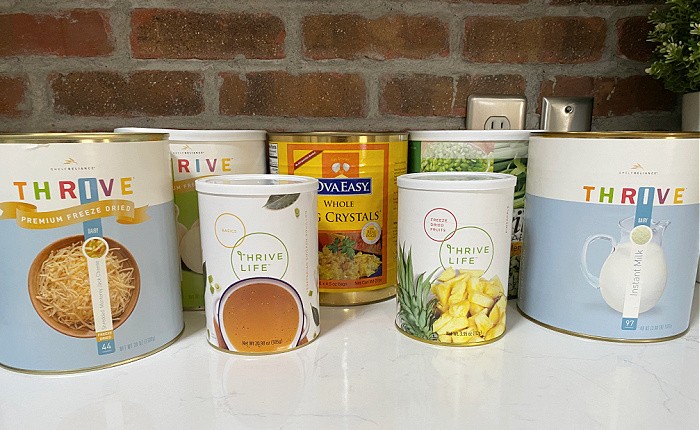


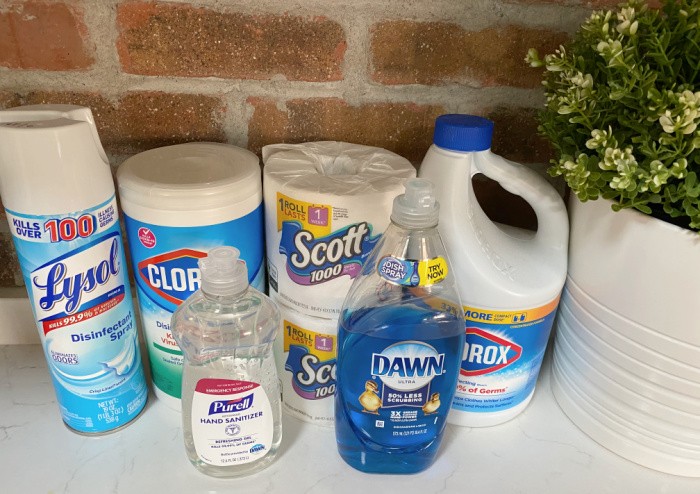



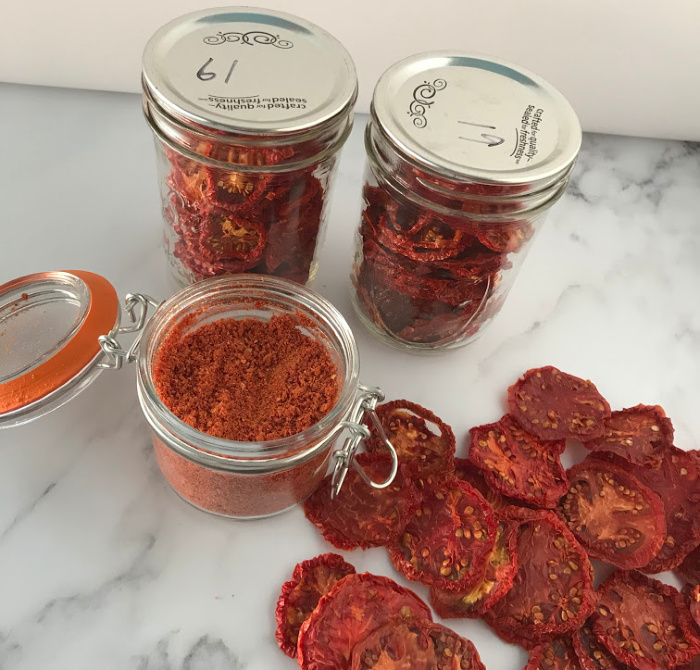
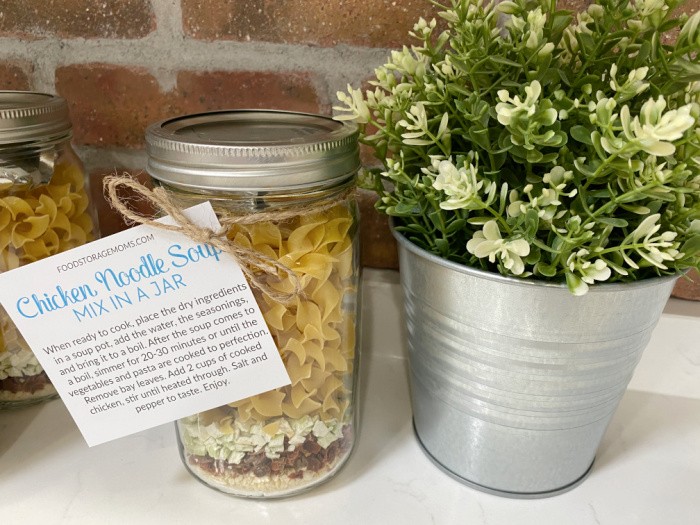
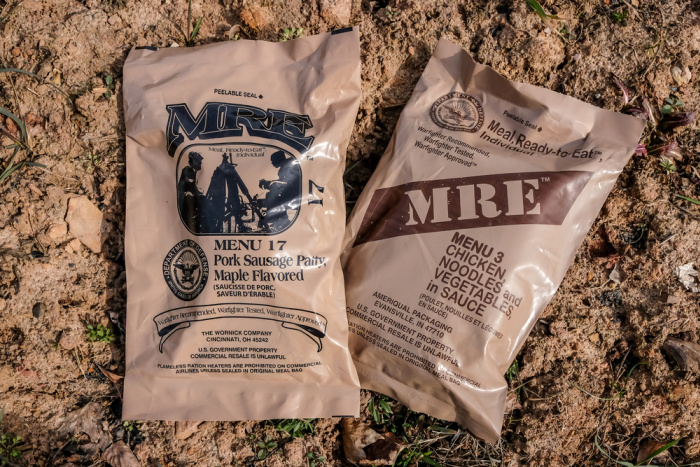


Linda,
A word of warning about Cornish Cross. They are known to grow so fast their legs break, at least this is the reports I’ve read about them. This may not be as big an issue with home flocks as it is in commercial chicken factory/farm settings.
I heartily recommend learning how to butcher your own meat birds. It is a skill that takes practice to master, but one that will be valuable during hard times.
Hi Ray, good advice!! Thank you, my friend. I hope to butcher my own, I will learn that as I go. I believe it will be valuable to know how to do it as well!! Linda
Linda,
Two last comments: In my opinion people should only get chicken breeds that they can breed themselves. To do otherwise is not sustainable. Also, I’d prioritize breeds that are gentle and easy to handle.
Hi Ray, great comment, I’m still learning but with everyone’s help we can all do this. I was thinking the same thing. Linda
Your gonna lose a lot of money finding a butcher if you can find one at all. Most are extremely busy with beef then wild game around here. Your going to have to have a lot for them to do because they have to completely stop and clean afterwards before moving on to the next project and it’s gotta be worth their time and making money.
We do all kinds and breeds.
Your much better off doing it yourself and with the buddy method. I prefer to use old jugs like a windshield wiper fluid jug screwed into a post with the neck cut back. You hang the chicken upside down then remove the head. It keeps things contained and less messy.
Have a pot of boiling water ready using a fire or Turkey fryer heater. Dip them in for a minute but not long enough to start cooking them. The feathers will come off easier. There’s always some pin quills and small ones that need attention. Gut’em, wash’em and get the rest of any small hang on feathers off then pack’em.
I’m not a gut eater so I don’t do the livers, hearts etc but some folks do so they get that job. That’s fishbait to me lol.
We try and do it on decent days when it’s not too hot to reduce risk. 20-30 is a good number for a couple of people to accomplish without burning out.
Matt, I’ve done this. It wasn’t at all fun for me, but I was helping s friend. It’s not all that hard to do, just a tad time consuming. These were fighting chickens, and they were thinning the flock.
Yeah it takes good company and a sense of twisted humor for it not to be a long day.
That full freezer sure is pretty though at the end.
Ya sure don’t want chicken for dinner that night
Oh Matt, that is so true. I didn’t want chicken for about a month, but now, it’s my favorite meat.
Hi Deborah, oh my gosh, I have the giggles! Linda
Hi Deborah, if you can do it, I can do it!! LOL! I never thought I would be able to have chickens, but when we sell our house, things are going to change. Linda
Linda, don’t plan on chicken the night you clean them. LOL
Hi Deborah, oh my gosh, I have the giggles again!!! LOL! Linda
Hi Matt, great advice, thanks for the tips on how to butcher them ourselves. It will be a learning curve but I have family that will help me. You and Ray know so much about this I will learn from both of you. Thank you, Linda
We make and sell chicken pluckers which make the entire butchering process a breeze! We did it the other way for years until my husband saw one being used. He came home and designed one and we have sold them all over our area. It will do a bird in less than 30 sec. So much better. We rent one and sell whoever calls to buy one. Yes, doing it my hand is messy, but if that is the way you need to do it, you will have to do it that way. Yes, Cornish Cross should never get very large. Their bones can’t handle it. the eat all the time if you let them, you must limit their feed.
HI Cheryl, oh my gosh, can you send me a picture? My email is foodstoragemoms.com
Also, when chickens are butchered, they need to sit in the frig for at least 24-36 hrs. to allow their muscles to relax. That is the case with all warm-blooded animals. If you don’ the meat can be very tough. Also, chicken can be pressure canned for later incase the power goes out or you want it on hand for soup, casseroles, etc. Be sure to date the bottles and use the oldest first. Really comes in handy!!!
Hi Cheryl, yes! Great idea about pressure canning it! Thanks for the tip on letting it sit for 24-36 hours. Linda
I grew up with chickens and you have to learn fast as a kid that they are NOT pets. It was nothing for me
to carry a chicken around under my arm. Mom would be the one who killed and cleaned them. her and my
dad. I stayed in the house, as far as I remember my brother and sister did too. Same thing when they killed
a cow we had. I use to ride it and feed it but in the end it was supper. When you grow up a poor country kid
you learn fast that these were NOT pets. I do miss having chickens and would have them now but with my knees
as bad as they are and my arthritis I don’t see that happening again. Getting outside in icy weather to feed them is
not going to happen again but I do miss having chickens.
Hi June, I can almost picture you carrying a chicken under your arm!! How fun, what great memories! My grandkids are (20+ and older) are going to help me. It be won’t be until next year but that’s okay! Linda